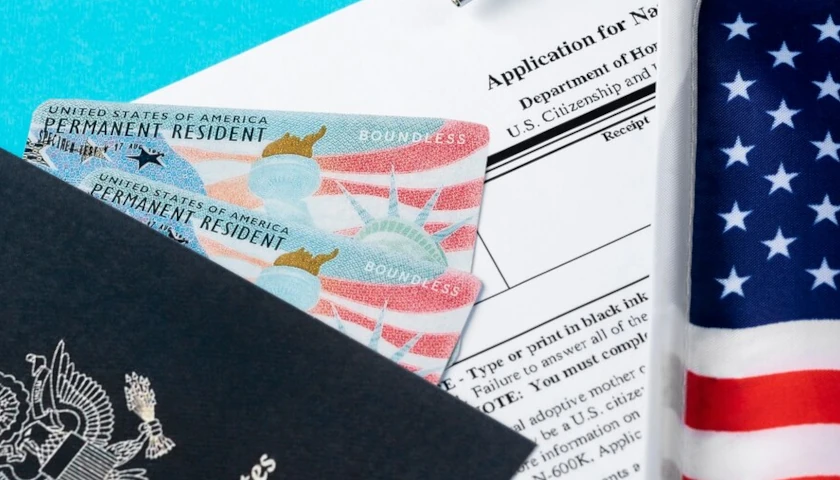Pennsylvania’s Department of State this week filed a lawsuit against three counties, all controlled by Republicans, to count undated absentee ballots.
Acting Secretary of State Leigh Chapman (D) wants Berks, Fayette and Lancaster counties to follow the rest of the state in counting votes delivered in undated envelopes toward the official tallies for candidates nominated in May 17’s primaries. A Pennsylvania law requiring absentee and mail-in voters to date their ballot envelope has undergone significant court scrutiny over the last two years.
In 2020, the Pennsylvania Supreme Court decided that 2,349 ballots without dated envelopes must count in a race between Republican challenger Nicole Ziccarelli and incumbent State Senator Jim Brewster (D-Monroeville). Inclusion of those ballots led to Brewster’s victory. In a concurring opinion, the court nonetheless left the door open to undated ballots being invalidated in the future.
In May 2022, state courts ruled that undated ballots in a 2021 Lehigh County Court of Common Pleas race should not be counted, yet a three-judge panel of the Third Circuit Court of Appeals decided that official tallies must include such ballots.
Soon after that federal-court determination, Pennsylvania’s Commonwealth Court, in which Chapman is now suing the uncooperative counties, ruled that undated ballots must be counted in the Republican Senate nomination contest between Mehmet Oz and Dave McCormick.
On June 17, after the ruling in the Senate case was released, Pennsylvania administrators emailed all 67 county boards of elections and ordered them to report certified primary results that included votes read from undated absentee ballots by June 23. Four days after that deadline, the Department of State followed up with counties that had yet to comply and instructed them to report primary results tallied in the aforementioned manner by June 29.
The state continued to instruct counties with outstanding results to submit them. By July 8, the commonwealth had received tallies from 64 of the election boards. According to Chapman’s court filing, Berks, Fayette and Lancaster responded to her department that they would not report tallies that included undated ballots.
“Until the Respondent boards certify results that include the ballots that this Court already ordered must be canvassed for the 2022 primary election, the boards are failing to perform their mandatory statutory duty,” state Attorney General Josh Shapiro (D) wrote on behalf of the Chapman and her agency. “The Department’s and Acting Secretary’s right to relief is clear because they must receive from every county board of elections certified results for the 2022 primary election that reflect an accurate computation of all lawfully cast ballots.”
In arguing that state law requiring absentee voters to date their ballot envelopes is not valid, Chapman and other Democrats have relied on Title 52 of the United States Code which states that no local jurisdiction may “deny the right of any individual to vote in any election because of an error or omission on any record or paper relating to any application, registration, or other act requisite to voting, if such error or omission is not material in determining whether such individual is qualified under State law to vote in such election.”
Supporters of upholding the date requirement have argued that asking voters to date their ballot envelopes can meaningfully inform election boards as to an individual’s eligibility to vote at the time his or her ballot was cast. The state can expect some resistance to its position on this basis.
“The Commonwealth’s demand is contrary to the law or any existing court order,” the Lancaster County Board of Elections said in a statement. “The County will vigorously defend its position to follow the law to ensure the integrity of elections in Lancaster County.”
Since 2020, mail-in ballots play an increasingly important role in Pennsylvania elections. Prior to that year, the Keystone State required voters who wished to vote by mail to attest to a reason they should be able to forgo voting in person, e.g., injury or travel. In 2019, however, the General Assembly passed Act 77 which allowed all registered voters to cast absentee ballots without providing an excuse.
– – –
Bradley Vasoli is managing editor of The Pennsylvania Daily Star. Follow Brad on Twitter at @BVasoli. Email tips to [email protected].









If there is a voting rule that says undated ballots are not counted, why is that even questioned. Just follow the rules.